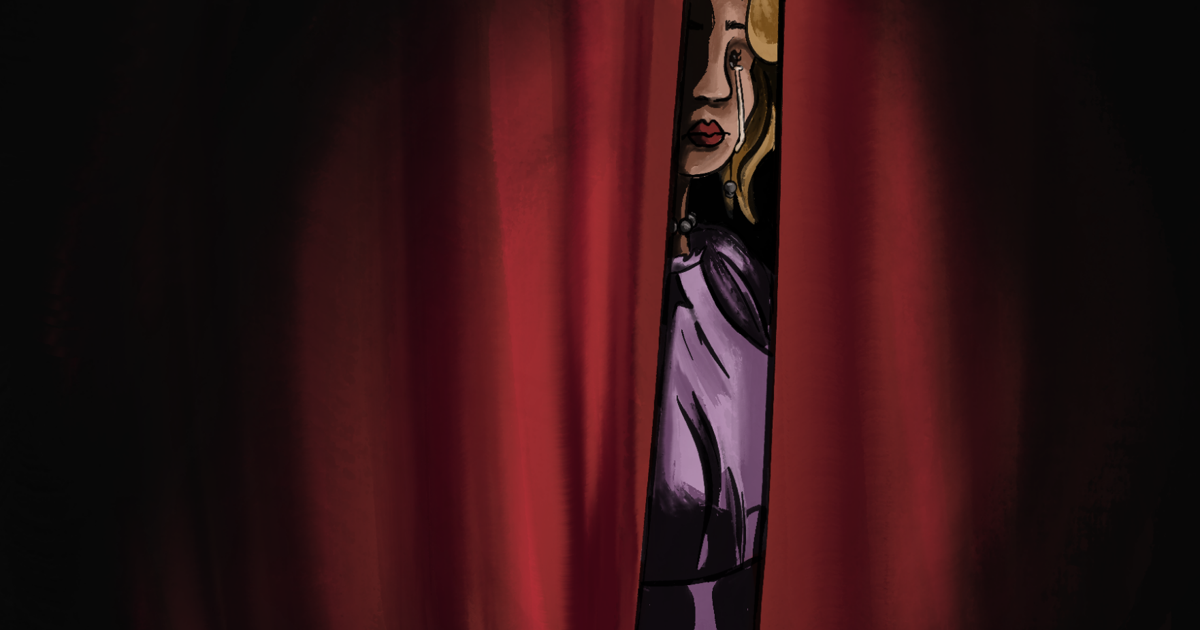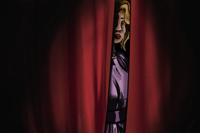LGBTQ+ History Month and National Coming Out Day, celebrated on Oct. 11, have both carried a message that visibility means safety and that every student belongs. With a long-standing campus drag show tradition now canceled for the second consecutive year, that sense of visibility has become harder to find at UTA and many Texas universities.
In March, Tarrant County Judge Tim O’Hare sent a letter to the UT System Board of Regents urging it to ban drag shows on its campuses. O’Hare referenced an event UTA’s Queer Social Work Association held in February, which featured a prominent drag queen.
The letter cites an executive order from President Donald Trump, which states that “federal funds shall not be used to promote gender ideology.”
A few days following the letter, the board announced that UT campuses would not host drag performances.
The decision has altered what students can safely express and how campus culture defines inclusivity. Policies and practices that restrict expression send a message about whose voices matter.
The event referenced in O’Hare’s letter was not university funded and was paid for through the Queer Social Work Association. UTA’s annual drag show, on the other hand, which will not happen for the second consecutive year, was funded by the university and was one of UTA’s most well-attended LGBTQ+ programs.
The issue is not simply about Senate Bill 17, the state law restricting diversity, equity and inclusion programs at public universities. It is also about how federal actions, such as the recent executive order targeting “gender ideology,” have been interpreted to justify limiting student expression and visibility, even when those federal funding rules did not apply to a student-organized, student-funded event.
Other universities, such as West Texas A&M University, have revisited similar restrictions and later recognized potential overreach.
At West Texas A&M University, students challenged a drag show ban and a federal appeals court reaffirmed that such performances are protected under the First Amendment, according to the Texas Tribune. For universities, this ruling should invite reflection on how free expression is upheld in practice, not only in mission statements.
While universities must comply with state law, they still have choices in how they communicate with and support student organizations. These choices can either build trust or deepen the divide between administrators and their students.
Visibility is not a luxury. It is a lifeline.
The Trevor Project’s 2024 National Survey found that attempted suicide rates among young LGBTQ+ individuals decreased to less than half when they lived in a very accepting community. The result of this climate is a quiet standstill. Students continue to find creative ways to organize and show resilience through initiatives like the Unicorn Inclusion Act, a resolution passed by Student Government in April to promote all-gender restrooms signage to better reflect gender-diverse identities, according to previous Shorthorn reporting.
The Queer Social Work Association has also displayed gender and sexual orientation flags in the School of Social Work lobby and collaborated with Student Government on future efforts toward gender-inclusive housing and through events such as February’s Queer, Sex, and Power event, which centered education and dialogue around identity and representation.
Even so, the motivation and visibility of these efforts have begun to fade.
Discouragement has led organizations such as The Queer Social Work Association to suspend their operations entirely. This reflects how advocacy can lose momentum when inclusion feels conditional.
When fear of controversy replaces courage in leadership, higher education risks losing the diversity of thought and expression that defines its purpose.
If universities are to prepare students for leadership and civic engagement, they must also reflect those same values. Accountability and visibility are not opposites. They are partners in progress.
As long as students keep showing up, speaking out and creating spaces rooted in dignity and belonging, they will keep shaping a campus where every voice matters.
@Zortifa


